We may earn money or products from the companies mentioned in this post. This means if you click on the link and purchase the item, I will receive a small commission at no extra cost to you ... you're just helping re-supply our family's travel fund.
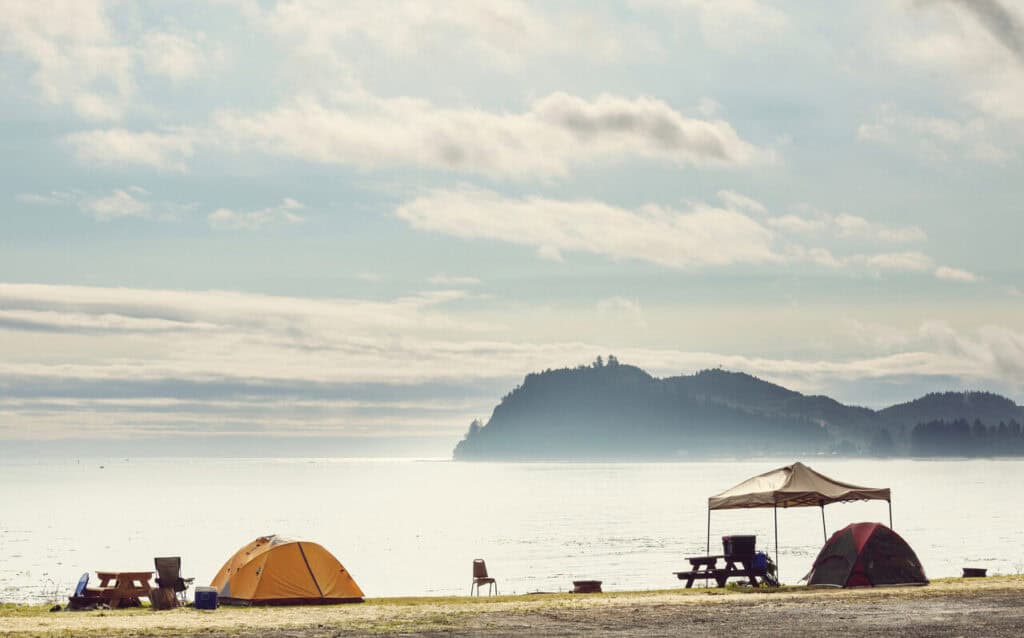
Beach camping sounds like the perfect escape falling asleep to the crash of waves and waking up with sand beneath your feet. But here’s the thing: not every beach in the U.S. welcomes overnight campers, and those that do usually have strict rules. From permits and fire restrictions to quiet hours and designated sites, every state sets its own guidelines. Knowing these rules before you go can save you fines, frustration, and even a ruined trip. Let’s break down what you should expect in different states.
1. California: Strict Designated Areas Only
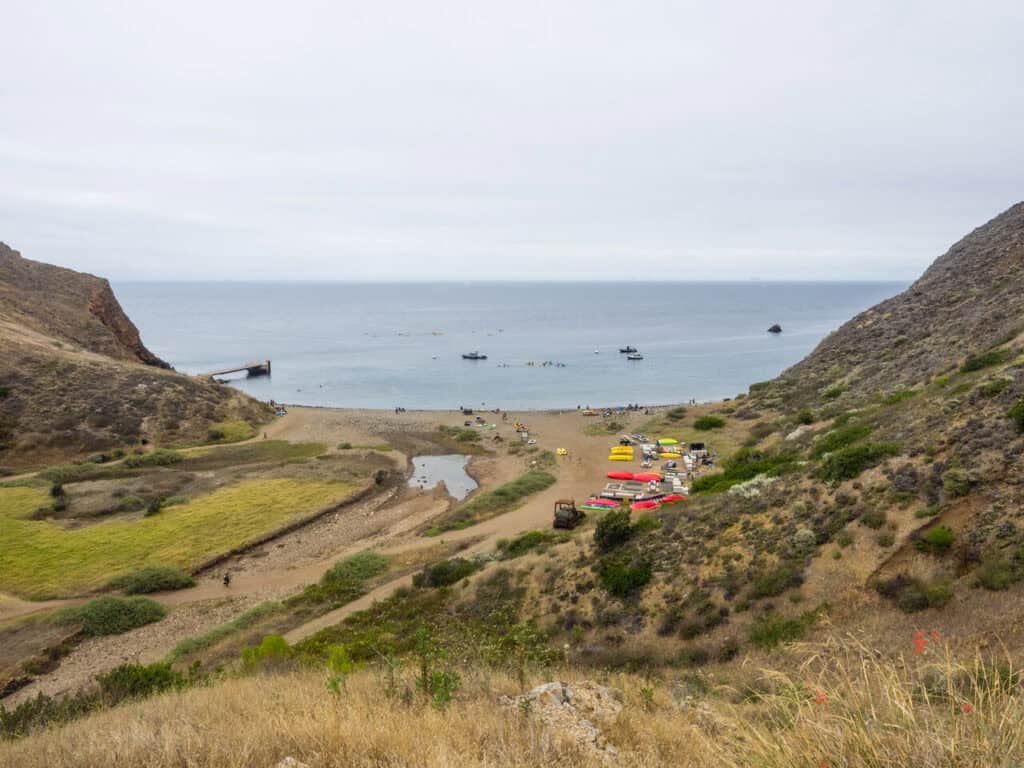
California’s coastline is famous for its scenic beauty, but most of its beaches are off-limits for overnight camping. The state allows beach camping only in certain designated campgrounds, such as those at Point Mugu State Park or Bolsa Chica State Beach. Permits are often required, and sites fill up quickly, especially in summer. Open fires on the sand are generally banned, though some locations provide fire rings for controlled use. Noise ordinances are strictly enforced, so expect quiet hours after dark. The state’s approach balances preservation with recreation, which means campers must plan ahead if they want the rare chance to spend the night right on the sand.
2. Florida: Limited Beachfront Options with Permits
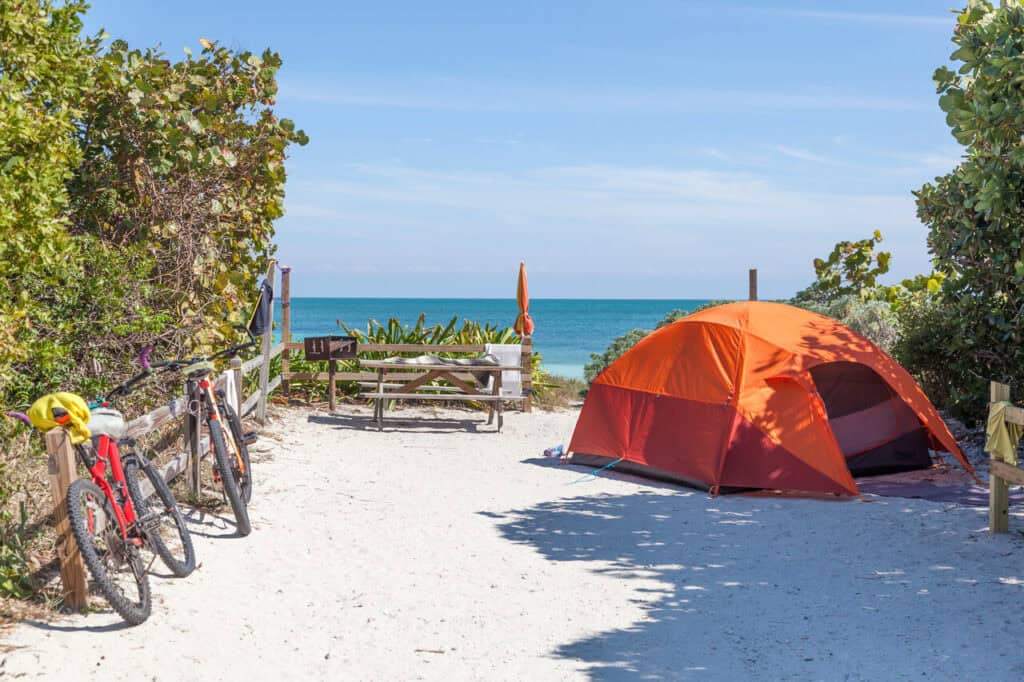
Florida’s warm weather makes camping tempting, but you can’t just set up a tent on any stretch of sand. Most public beaches prohibit overnight camping to protect wildlife like sea turtles that nest along the coast. Instead, camping is usually limited to parks such as Bahia Honda State Park or Anastasia State Park, where permits are required. Fires are often restricted, and generators are discouraged during quiet hours. In some counties, local ordinances add extra rules, so it’s wise to check before you arrive. Florida’s rules focus on protecting fragile coastal ecosystems, which means campers need to respect both posted guidelines and wildlife.
3. Oregon: Free Beach Camping with Caveats
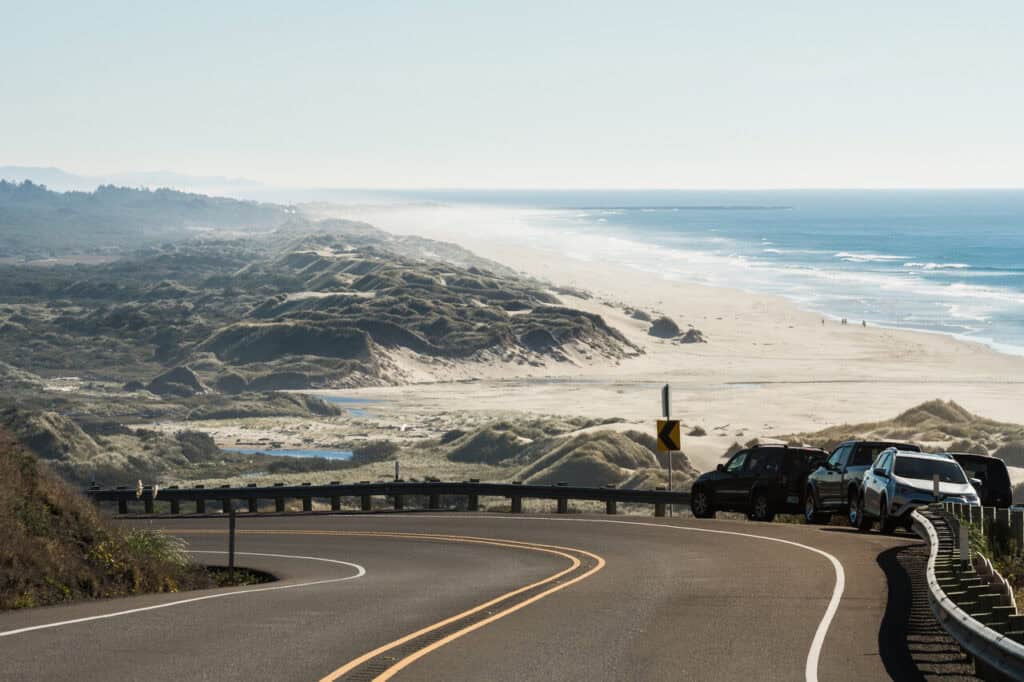
Oregon stands out for its relatively open approach. Technically, beach camping is allowed on many parts of the state’s public coastline, which is accessible to everyone by law. That said, rules still apply. You cannot camp within city limits, near state parks, or within 500 feet of roadways. Stays are limited to short durations, often three nights. Fires may be allowed in certain areas but only if conditions are safe. Rangers patrol popular stretches, and they will ask you to leave if you set up in a restricted zone. Oregon’s openness appeals to adventurous campers, but it requires paying close attention to local signage.
4. Texas: Wide Beaches, Wide Rules
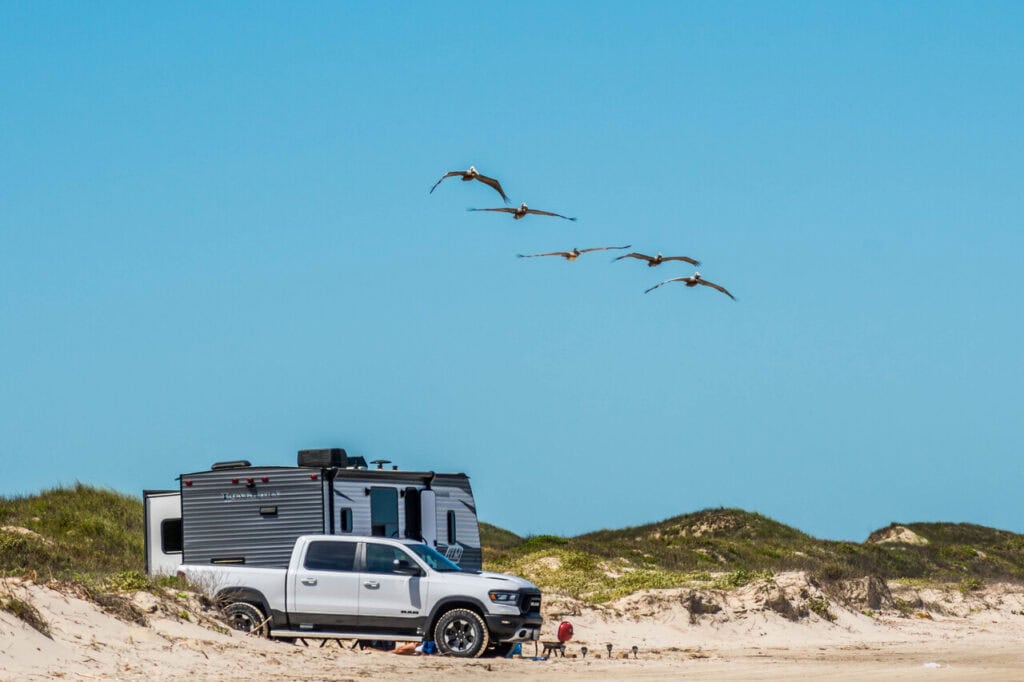
Texas offers some of the most lenient beach camping options in the country. On stretches like South Padre Island’s undeveloped areas, campers can often pitch tents right on the sand without a permit. However, rules vary depending on whether the beach is managed by a city, county, or park service. Fires are usually allowed but must be kept small, and trash disposal is strictly enforced. During hurricane season, closures are common, and high tides can quickly turn a safe campsite into a hazard. The freedom is appealing, but it comes with a responsibility to leave the beach as clean as you found it.
5. Washington: Mostly Prohibited Except in Parks
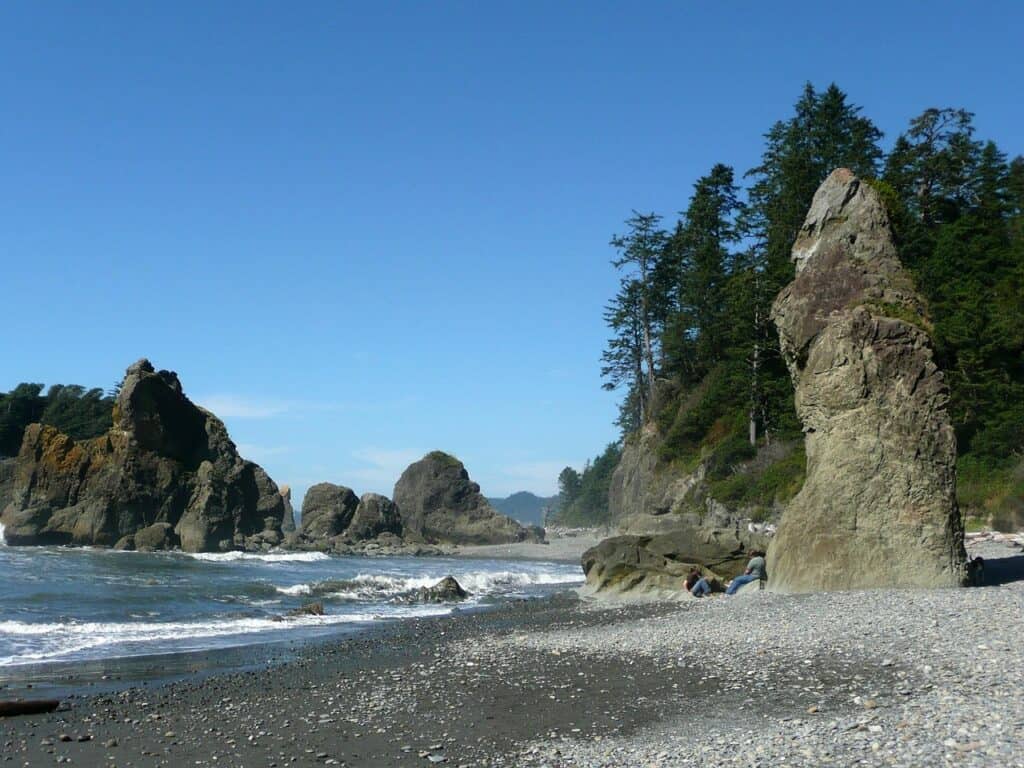
Washington’s rugged coastline is beautiful but heavily regulated. Camping on open public beaches is generally prohibited, except in specific park campgrounds like those within Olympic National Park. Permits are required, and sites often need to be reserved far in advance. Fires are only allowed in designated rings, and campers must use bear-safe storage for food due to the presence of wildlife. Tides can be unpredictable along the state’s rocky shores, adding another reason why rules are strict. Washington treats its beaches more like wilderness zones than casual recreation spots, so expect a more controlled and regulated camping experience.
6. Hawaii: Permit-Only Overnight Stays
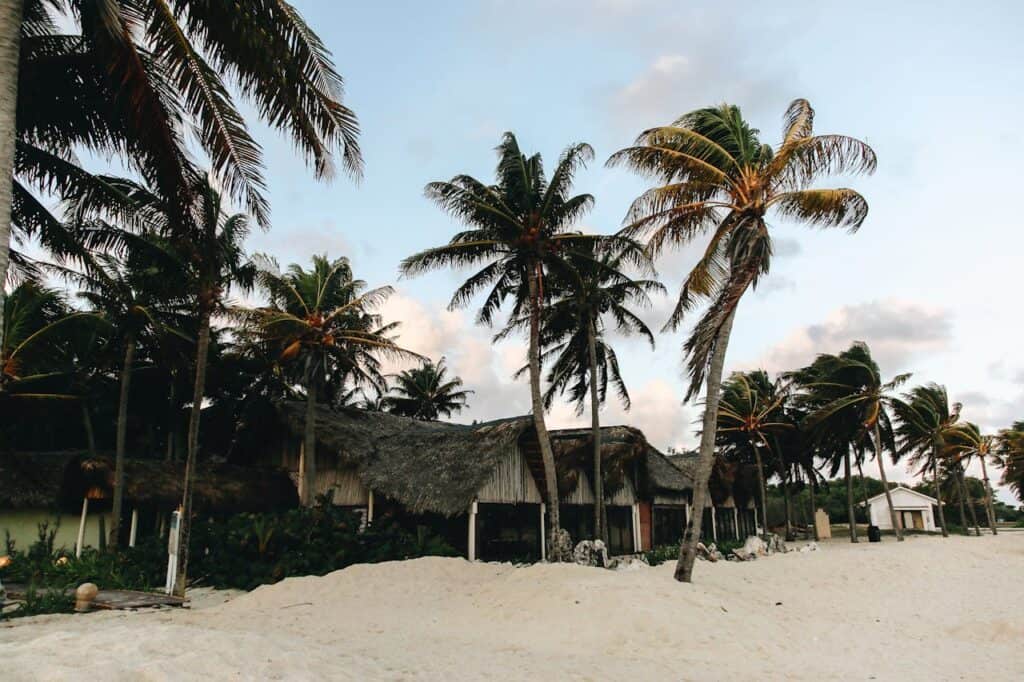
Hawaii may sound like the ultimate camping paradise, but its beaches are closely managed. Overnight camping is generally prohibited on open stretches of sand, but permitted in certain county and state parks. Popular sites like Malaekahana Beach Campground or Bellows Field Beach Park require permits, which often sell out weeks in advance. Fires are restricted to provided grills or pits, and alcohol is banned in most public areas. Quiet hours are enforced to respect both locals and fellow campers. The rules here are designed to protect natural beauty and cultural significance, so respectful behavior isn’t just encouraged—it’s expected.
7. Maine: Private Land and Local Rules
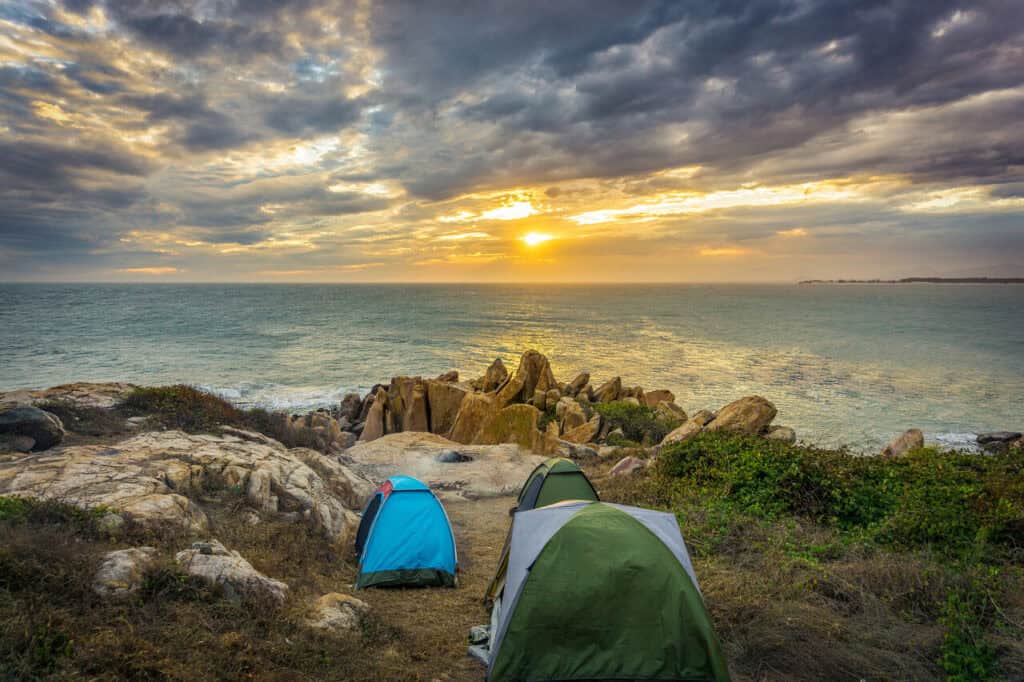
Maine’s coastline is a mix of rocky shores, small sandy stretches, and plenty of private ownership. Unlike some states, you often need permission from landowners to camp on the beach. In public areas, camping is generally restricted to state park campgrounds like those at Popham Beach or Cobscook Bay. Fires are tightly controlled due to wildfire risk, and camping outside designated areas can lead to fines. Maine’s rules reflect its geography and traditions, where private property and environmental conservation carry significant weight. The best approach is to plan for state park campgrounds rather than assuming a tent on the sand is allowed.
8. North Carolina: Vehicle Access and Strict Permits
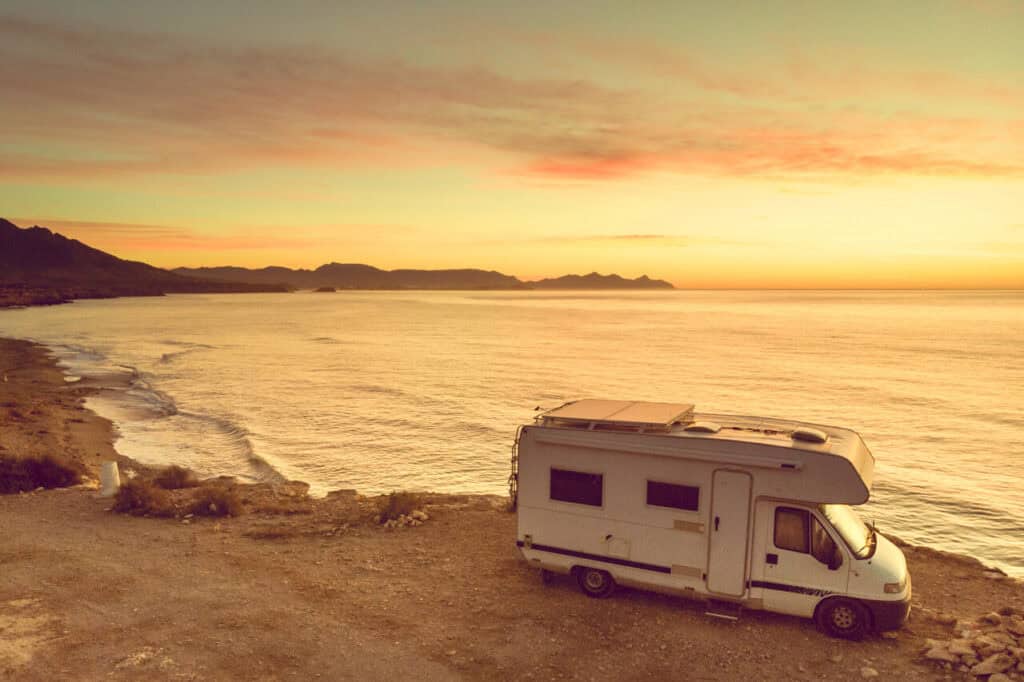
North Carolina is known for its Outer Banks, and some beaches allow camping, but only under specific conditions. At Cape Lookout National Seashore, for example, camping is allowed with a permit, but campers must bring their own supplies, as services are minimal. Fires are typically allowed only below the high tide line, and vehicles driving onto the sand require separate permits. Quiet hours and waste disposal are enforced to protect both the natural environment and the visitor experience. While the freedom to camp on remote stretches is appealing, North Carolina makes sure it happens under careful regulation.